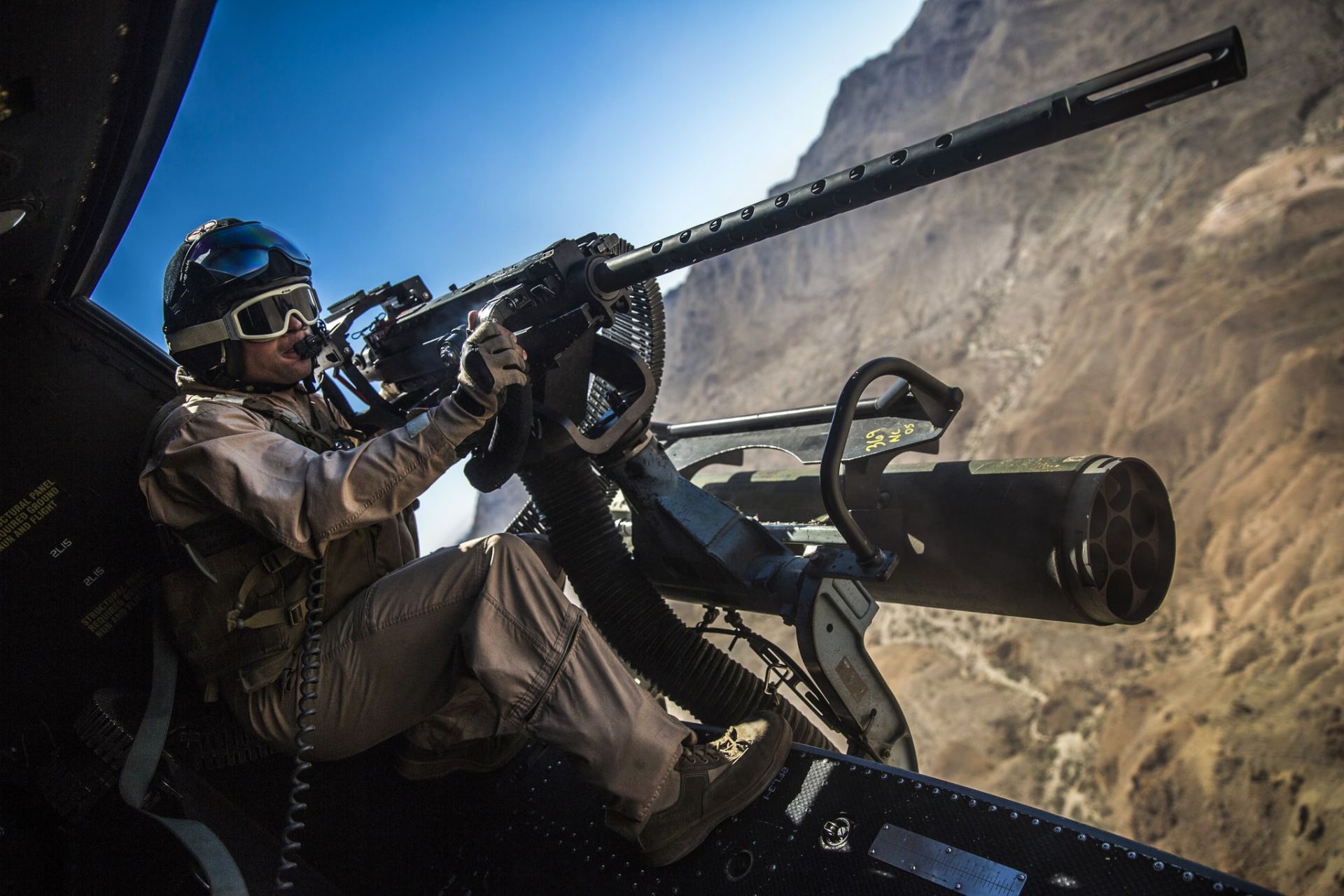The turnover of the 100 biggest arms manufacturers came to $420 billion, thanks in large part to the U.S. market, said the report; U.S. manufacturers alone accounted for 59% of the market, or a turnover of $246 billion, up 7.2% on the previous year
Arms sales rose by nearly 5% worldwide in 2018 in a market dominated by the United States, according to a new report published Monday by the Stockholm International Peace Research Institute (SIPRI).
The turnover of the 100 biggest arms manufacturers came to $420 billion, thanks in large part to the U.S. market, said the report. U.S. manufacturers alone accounted for 59% of the market, or a turnover of $246 billion, up 7.2% on the previous year.
“This is a significant increase over one year considering the already high levels of U.S. combined arms sales,” Aude Fleurant, the director of SIPRI’s arms transfers and military expenditure programme, told AFP. These firms were benefitting from the Trump administration’s decision to modernise its armed services to reinforce its position against China and Russia.
Russia was second in the rankings for arms production, with 8.6% of the market, just ahead of the United Kingdom on 8.4% and France on 5.5%. The study did not include China, for which there was insufficient data, but SIPRI’s research estimated that there were between three and seven Chinese businesses in the top 100 arms manufacturers.
Two major European companies, Airbus and MBDA were also responding to “demand due to ongoing armed conflicts and severe tensions in several regions”, Ms. Fleurant added.
Chinese defence expenditure
China has spent 1.9% of its gross domestic product on defence every year since 2013. The top-ranked Russian firm, Almaz-Antei, jumped to ninth on the list with a turnover of $9.6 billion — 18% up on the previous year.
“This increase was based not only on strong domestic demand, but also on continuing growth in arms sales to other countries, in particular exports of the S-400 air defence system,” said the report. One of the buyers of this system is NATO member Turkey, which took the deal despite a U.S. threat of sanctions.
Turkey’s arms industry had two businesses in the top 100 and turnover of $2.8 billion, up 22% on the previous year. Turkey was “driven by the goal of being self-sufficient in arms supply and therefore develop arms production capabilities in all segments (land systems, air systems, naval systems, missiles, etc.),” said Ms. Fleurant.
“Turkey is also involved with an enduring armed conflict with the Kurds, which also tends to increase demand for arms,” she added.
The world’s largest arms maker remains the U.S. firm Lockheed Martin, as it has been since 2009, this last year with a turnover of $47.3 billion. Its sales alone account for 11% of the world market.
Read FULL REPORT in PDF at Sipri.org










